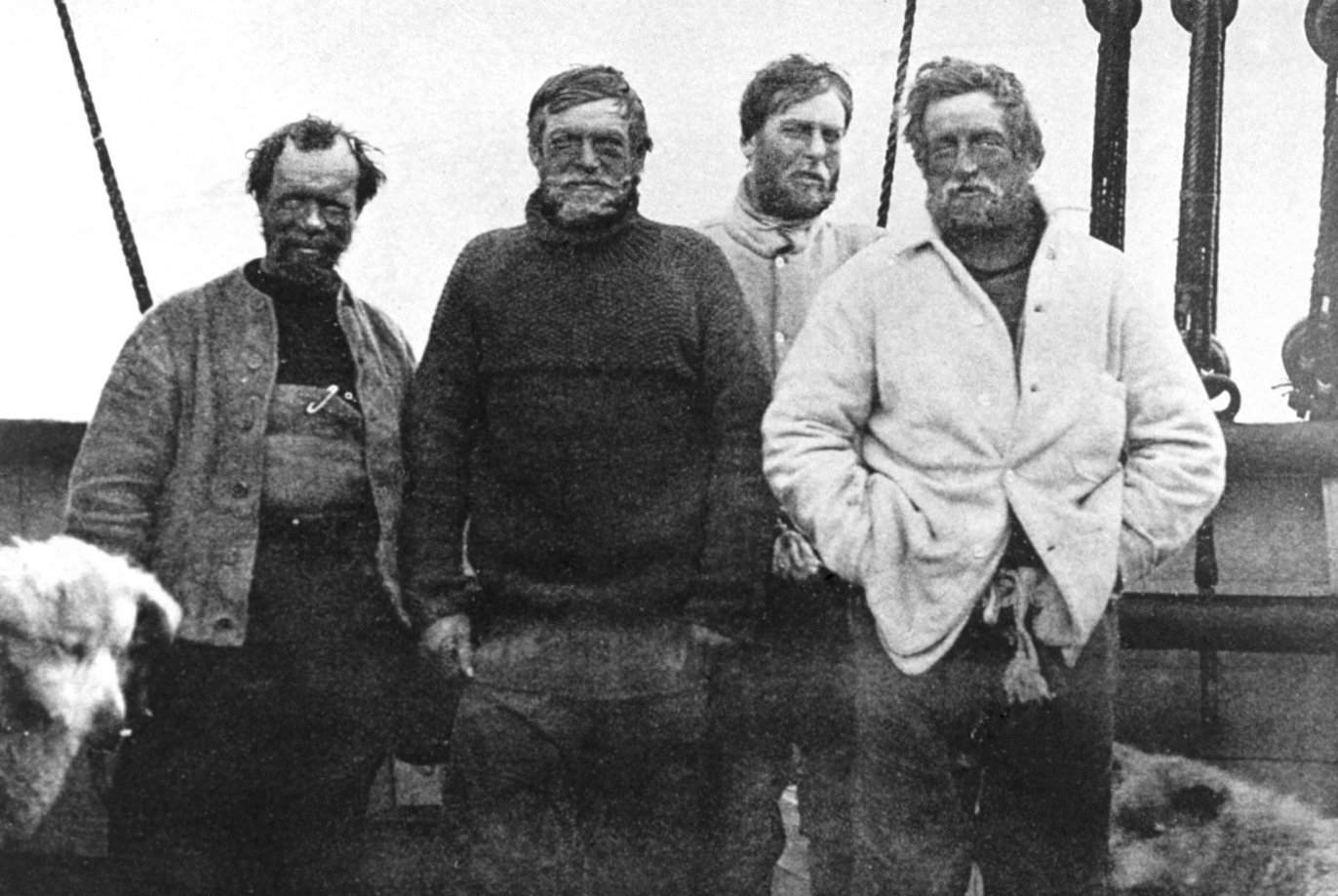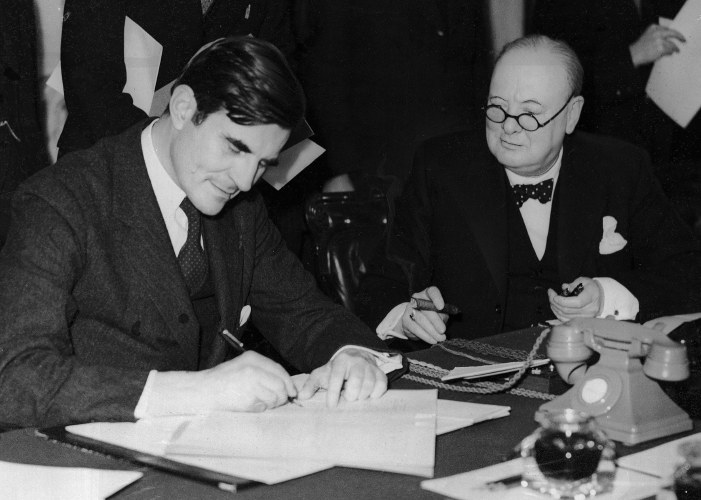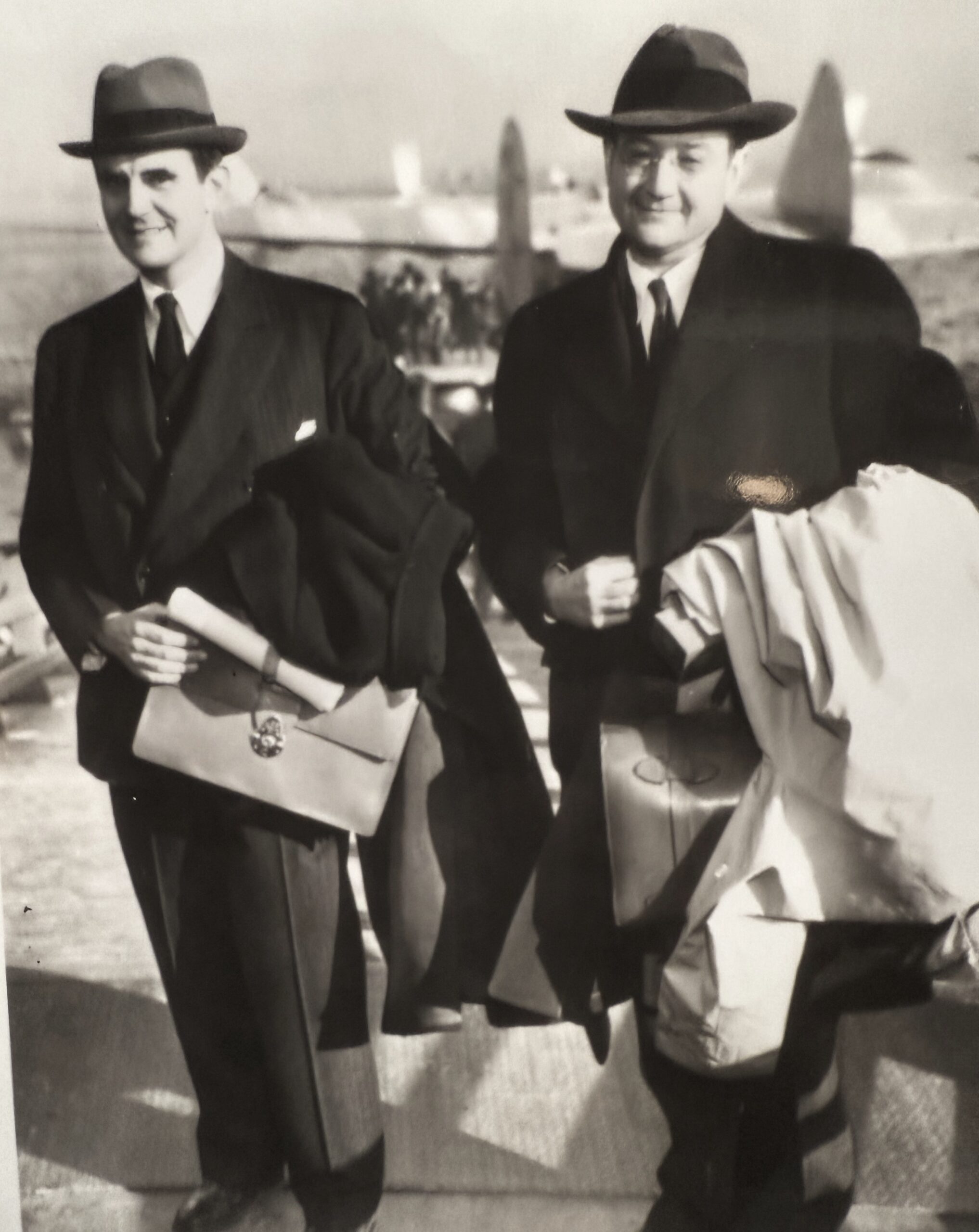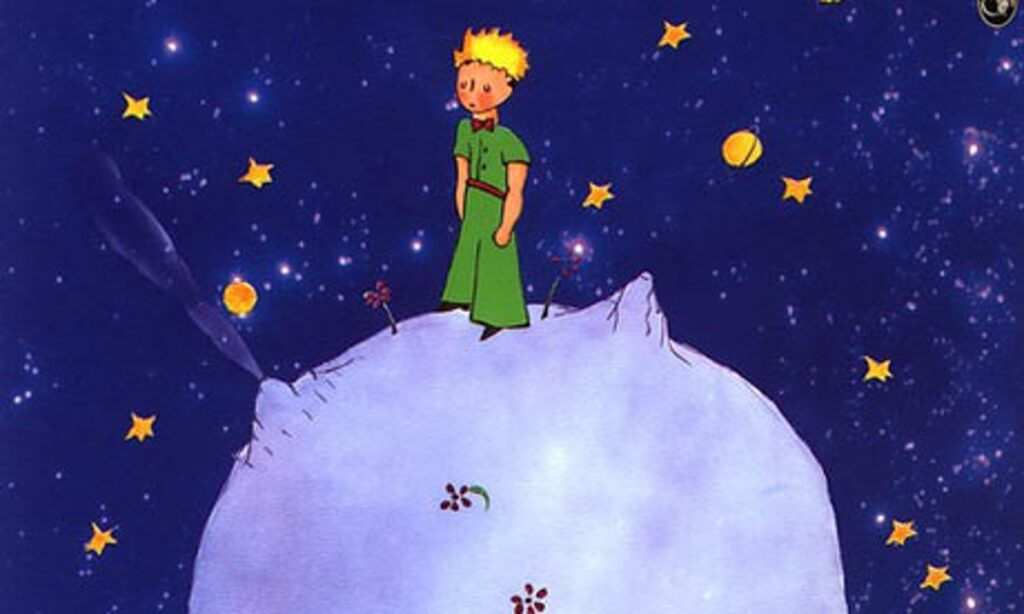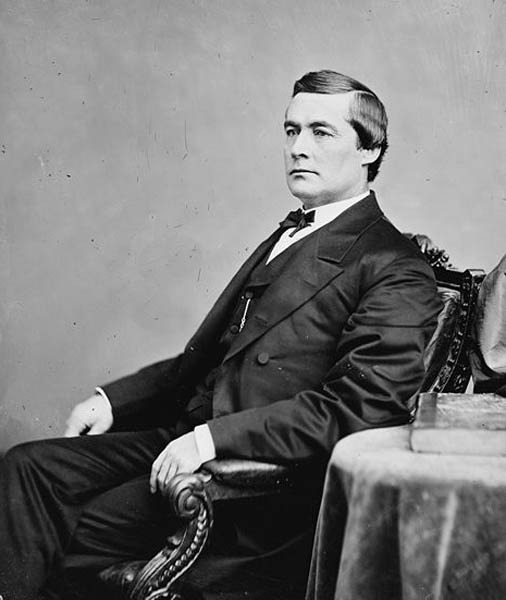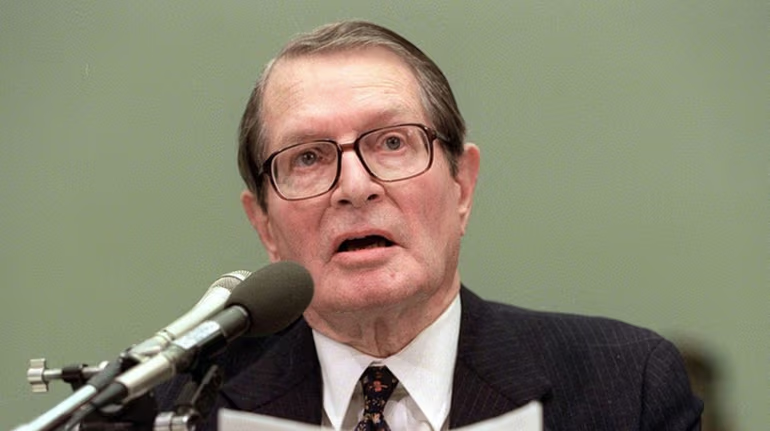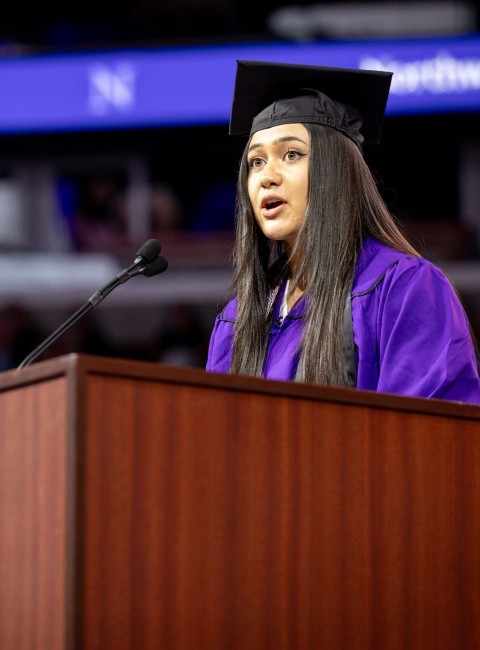
Photo by Shane Collins
A recent graduation speech by a young philosophy major, Clair Doyle, at Northwestern University in Illinois, began with a deceptively simple question that stopped me in my tracks, and caused me to think: Am I asking the right questions?
It’s not the typical question you hear in a commencement address. But it’s the kind we need to be asking, now more than ever.
“For my entire life,” she said, “everyone around me championed faith — belief in the unknown and a steadfast trust that things would work out. They urged me to set my doubts aside, but I remember, even back then, my dissatisfaction with blind faith.”
Her experience at college—where students debated everything from war to animal rights—taught her something else: to sit with uncertainty, to test her own assumptions, and to become comfortable not with answers, but with the questions themselves.
Throughout history, ethical progress has rarely come from having the “right” answers, but from those willing to ask the difficult questions, questions that challenge convention, confront injustice, and push society toward something better.
Lincoln himself wrestled with the greatest moral question of his time—slavery—revisiting his own assumptions as he searched not for what was politically safe, but for what was ethically right.
She reminded her classmates that Socrates was sentenced to death not for sedition, but for “corrupting the youth”—teaching them to ask hard questions. “We are not learning to blindly believe,” she said. “We are learning to doubt, and to question and to criticize.”
It’s no surprise that kind of thinking is under attack.
We’re living in a time when asking questions—real questions about ethics, truth, and responsibility—is often viewed as disloyal, disruptive, or even dangerous.
But real ethical growth doesn’t come from comfort or certainty. It comes from discomfort—the quiet inner work of examining our assumptions, weighing competing values, and admitting when we’ve been wrong.
Doubt, far from being a weakness, is a necessary condition for growth. Without it, there’s no correction, no learning, no reform—only repetition. And in a democracy, repetition without reflection hardens into dogma, unyielding and unexamined.
Some believe that our universities are “indoctrinating” students with liberal ideology. But what’s actually happening is more powerful—and more threatening to those who rely on blind allegiance. Students are being taught to think. To challenge. To doubt. And that is what authoritarian minds fear most.
So, let me ask a few questions of my own:
Do we teach our children to reason, or to defend belief?
Are we more committed to being right, or to doing what’s right?
What happens to democracy when moral courage is replaced by tribal loyalty?
These are not academic exercises. They are essential ethical questions. How we answer them will help define the direction and meaning of our lives—not only as individuals, but as a nation.
We cannot build a just society on certainty alone—especially not the kind of certainty that refuses to be questioned. We need to embrace the kind of moral humility that Socrates lived and died for. The kind that this graduate found—not in her answers, but in her doubts.
I ask questions to point us toward ethical clarity. But even then, I have to remind myself that certainty can be comforting, and doubt, though harder, is often more honest.
Doyle concluded her speech by encouraging her peers not simply to “change the world,” but to do something harder: to change their minds.
We would do well to do the same.
Comments
